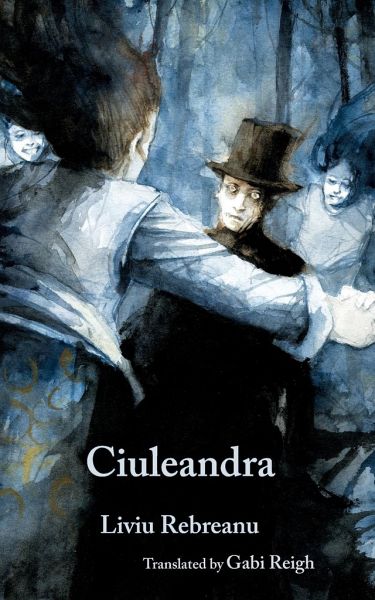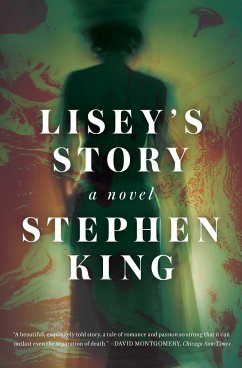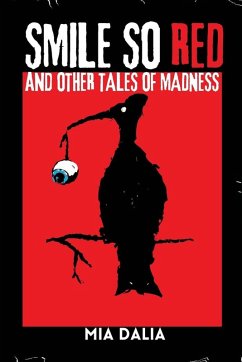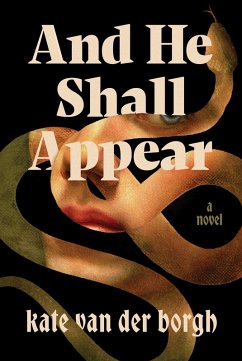
Ciuleandra
Versandkostenfrei!
Versandfertig in 1-2 Wochen
17,99 €
inkl. MwSt.

PAYBACK Punkte
9 °P sammeln!
Written in the interwar period and published in 1927, this psychological thriller captured the imagination of Romanian readers. The book opens with a shock as Puiu, an aristocrat, murders his wife after returning from a ball at the palace. To avoid a public trial and prison sentence, his father instead arranges to have him committed to a mental asylum. Discussions with his psychiatrist reveal the madness and passion of Puiu through the imagery of the wild Ciuleandra dance of the countryside, where he met his future wife. Unfortunately for Puiu, though, his psychiatrist also knew and loved her ...
Written in the interwar period and published in 1927, this psychological thriller captured the imagination of Romanian readers. The book opens with a shock as Puiu, an aristocrat, murders his wife after returning from a ball at the palace. To avoid a public trial and prison sentence, his father instead arranges to have him committed to a mental asylum. Discussions with his psychiatrist reveal the madness and passion of Puiu through the imagery of the wild Ciuleandra dance of the countryside, where he met his future wife. Unfortunately for Puiu, though, his psychiatrist also knew and loved her first... It is also a story of obsessive love and paints an interesting picture of the lives of the Romanian aristocracy at the beginning of the 20th century. The work echoes the world depicted by Russian writers such as Dostoevsky and Gogol, as moments of high drama and emotional intensity are punctuated with ironic descriptions of the corrupt boyar class.












